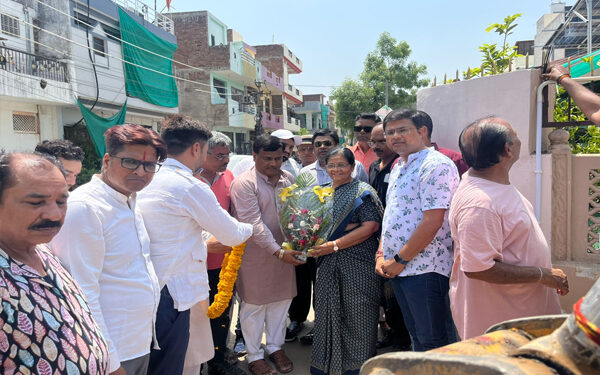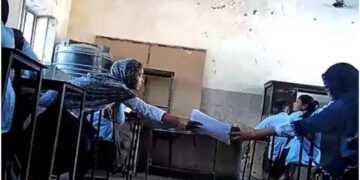New Delhi. There is deep resentment among doctors after the horrific rape and murder of a female trainee doctor in Kolkata’s RG Kar Medical College. Doctors across the country have been on strike for more than a week, due to which health services have been affected extensively. Doctors have demanded the ‘Central Protection Act’ from the government. They believe that their safety in hospitals can be ensured under this Act. In this regard, they have placed their demand before the government. However, the Union Health Ministry has not given any positive indication on this demand of doctors so far. Doctors’ organizations from every corner of the country have demanded this law. The movement is also intensifying due to the government ignoring this demand. In such a situation, it is important to know what the Central Protection Act is and why it is being demanded. Also, let us try to understand the reasons why the Health Ministry is hesitating to accept the demands of doctors.

What is the Central Protection Act?
The ‘Prevention of Violence against Healthcare Professionals and Clinical Establishments Bill, 2022’ is known as the ‘Central Protection Act for Doctors’. This bill was introduced in the Lok Sabha in 2022. It aims to define violence against doctors and provide strict punishment against those who do so. The bill includes provisions to prevent violence, punish it, report violence, create awareness among people and resolve complaints. The health workers who are to be provided protection under this proposed bill include medical practitioners, mental health specialists, dentists, nursing professionals, medical and nursing students, health workers and hospital support staff. The bill was introduced in Parliament in 2022, but the then Health Minister Mansukh Mandaviya decided not to take it forward, as many of its objectives were already covered in the Epidemic Diseases (Amendment) Ordinance 2020.

Why is the government opposing the Central Protection Act?
According to news agency PTI, sources in the Health Ministry said that enacting a central law based on the incident at RG Kar Medical College will not make much difference. A case of rape and murder of a female doctor came to light in RG Kar Medical College itself. Sources said that such crimes are dealt with under existing laws. He further said that 26 states and union territories, including West Bengal, Uttarakhand, Delhi, Haryana, Maharashtra, Assam, Karnataka and Kerala, have passed laws to protect health workers. In all these states, such crimes are considered cognizable and non-bailable. However, the Indian Medical Association (IMA) says that despite these laws, there has been no reduction in attacks on doctors. A government source said, “Bringing an ordinance or central law based on the RG Kar incident will not make a big difference. The RG Kar incident was not a case of violence between a patient and a doctor.” He further said, “Hospitals, being public facilities, cannot be turned into fortresses. We have appealed to the doctors to end the strike as it is hampering patient care.”






